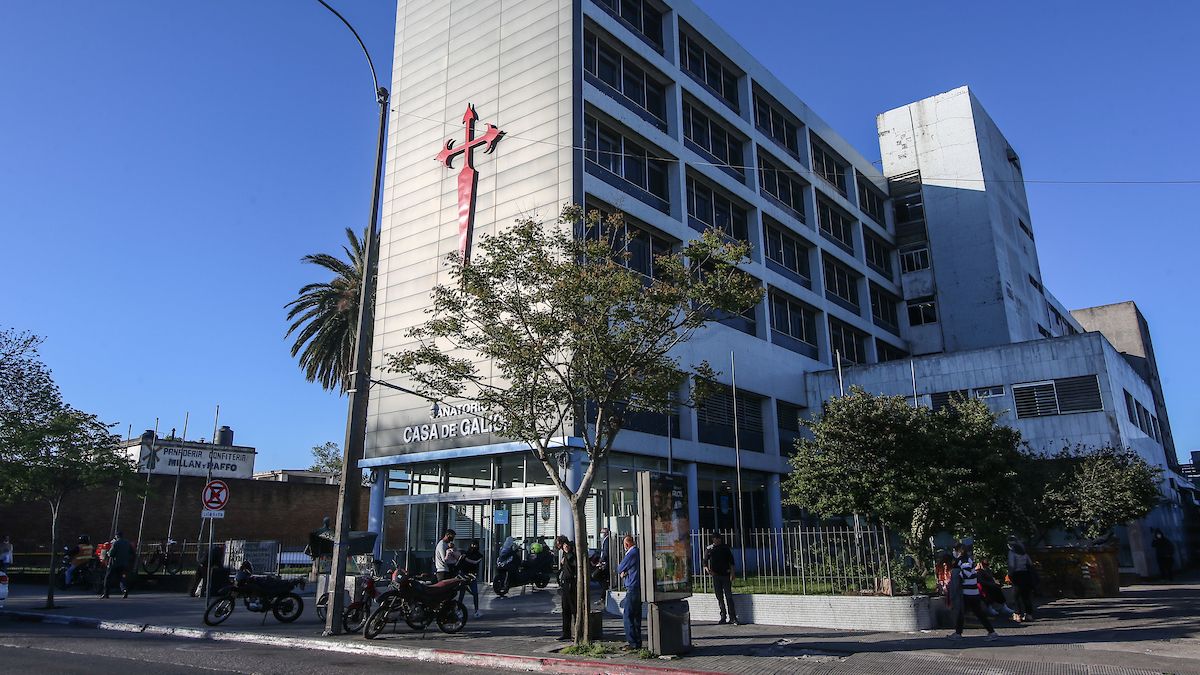After its approval in the Senate, The government analyzes vetoing the law for former sanatorium workers House of Galiciawhich includes economic support measures for this group for 30 million dollars.
Despite the broad support that the bill had in the Upper House, which allowed its approval with 19 votes out of 20—thanks to the support of Town meeting, two senators from National Party and one of Colorado Party—, he Executive power considers the possibility of vetoing the initiative that seeks to cover a portion of the labor credits of former Casa de Galicia employees.
This was communicated by government sources to Telemundo, giving the first concrete signs about a possibility that was already on the table even during the treatment of the law in Parliament.
The problem for the Executive is that the project that both deputies and senators validated has a cost of 30 million dollarswhile the original proposal downloaded from the Executive Tower proposed expenditures of just 8 million dollars.
The voted project was promoted by the Wide Front and contemplates more than 1,000 people fired at the closing of the sanatorium; and includes the labor credits post-bankruptcy payments such as salaries or wages, licenses, bonuses and compensation for legal dismissal, for a maximum equivalent to the 105,000 Indexed Units (UI) —about 611,000 pesos—, which must be paid in a single payment within a maximum period of 180 days after the law is enacted.
For his part, the senator Sergio Botana, one of the nationalists who gave his vote for the approval of the law, had announced that he hoped that the president Luis Lacalle Pou will not veto the initiative.
The announcement of the veto
The possibility of the law being voted on was already contemplated after its half-sanction in the Deputies, with the votes of the Frente Amplio, Cabildo Abierto, the PERI and some members of the National Party.
At that time, the ruling party already indicated that the rule “is not viable”, focusing on the important disbursement that the initiative poses, when the government anticipated an expenditure of 8 million dollars. In the debate, the legislator María Eugenia Roselló established the position of the majority of the ruling party by pointing out that “this norm is not viable and will not be able to be met,” anticipating the possibility that Lacalle Pou advance with a veto and calling the law “unconstitutional.”
In the same way, Pedro Jisdonian (PN) admitted that “it will be Presidency who decides.”
For her part, the Broad Front legislator Lucia Etcheverry He had also given his opinion on the eventual veto. “It is always a possibility of Executive”, He admitted, although he clarified that “in this case it would be a contradiction,” contrasting that the law “does not generate anything new,” so the government “would veto itself.”
Source: Ambito




